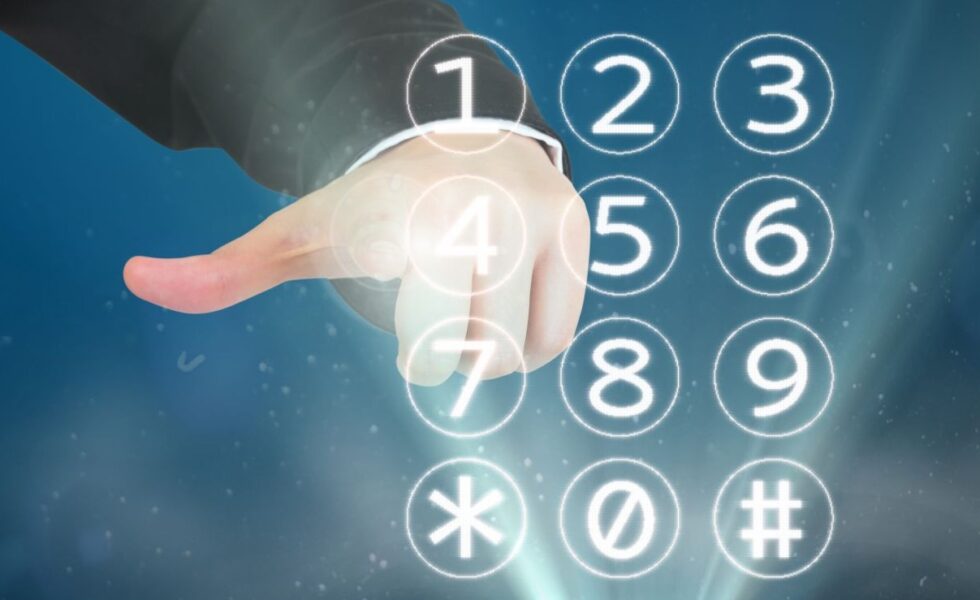In 2025, digital identity verification is no longer a luxury—it’s a necessity. As businesses face rising threats from fraud, data breaches, and regulatory scrutiny, the debate intensifies: Are Smart Screening Numbers (SSNs) the future of secure onboarding, or does Traditional KYC still hold the crown? This article explores both methods, comparing their strengths, weaknesses, and security implications.
🧠 What Are Smart Screening Numbers?
Dynamic, encrypted identifiers assigned to individuals during onboarding or verification. Unlike static IDs (e.g., passport numbers), SSNs are:
- Context-aware: Valid only within specific platforms or transactions.
- Privacy-first: Do not expose sensitive personal data.
- AI-integrated: Often linked to behavioral analytics and fraud detection systems.
They’re gaining traction in fintech, healthcare, and remote onboarding due to their low data exposure and real-time verification capabilities.
🗂️ What Is Traditional KYC?
Traditional Know Your Customer (KYC) involves:
- Document verification (ID cards, utility bills)
- Face-to-face or video interviews
- Periodic risk assessments
While widely adopted, it’s often manual, slow, and vulnerable to document forgery. Most KYC platforms now incorporate AI and biometrics, but the core process remains static and compliance-heavy.
🔍 Security Comparison
| Feature | Smart Screening Numbers | Traditional KYC |
| Data Exposure | Minimal (tokenized identifiers) | High (full personal documents) |
| Fraud Detection | Real-time, Al-driven | Periodic, rule-based |
| Privacy Compliance | Strong (GDPR, PDPA aligned) | Moderate (depends on provider) |
| Scalability | High (automated onboarding) | Moderate (manual steps involved) |
| Risk Monitoring | Continuous (pKYC model) | Static (annual reviews) |
⚠️ Risks & Limitations
- Smart Screening Numbers
- May require advanced infrastructure and AI integration
- Not yet standardized across industries
- Traditional KYC
- Susceptible to outdated data and human error
- Slower response to emerging threats
🏁 Verdict: Which Is More Secure?
Smart Screening Numbers offer a more secure, privacy-conscious, and scalable solution for modern businesses. Their ability to adapt in real time and minimize data exposure makes them ideal for high-risk sectors. However, Traditional KYC still plays a vital role in regulatory compliance and legacy systems.


